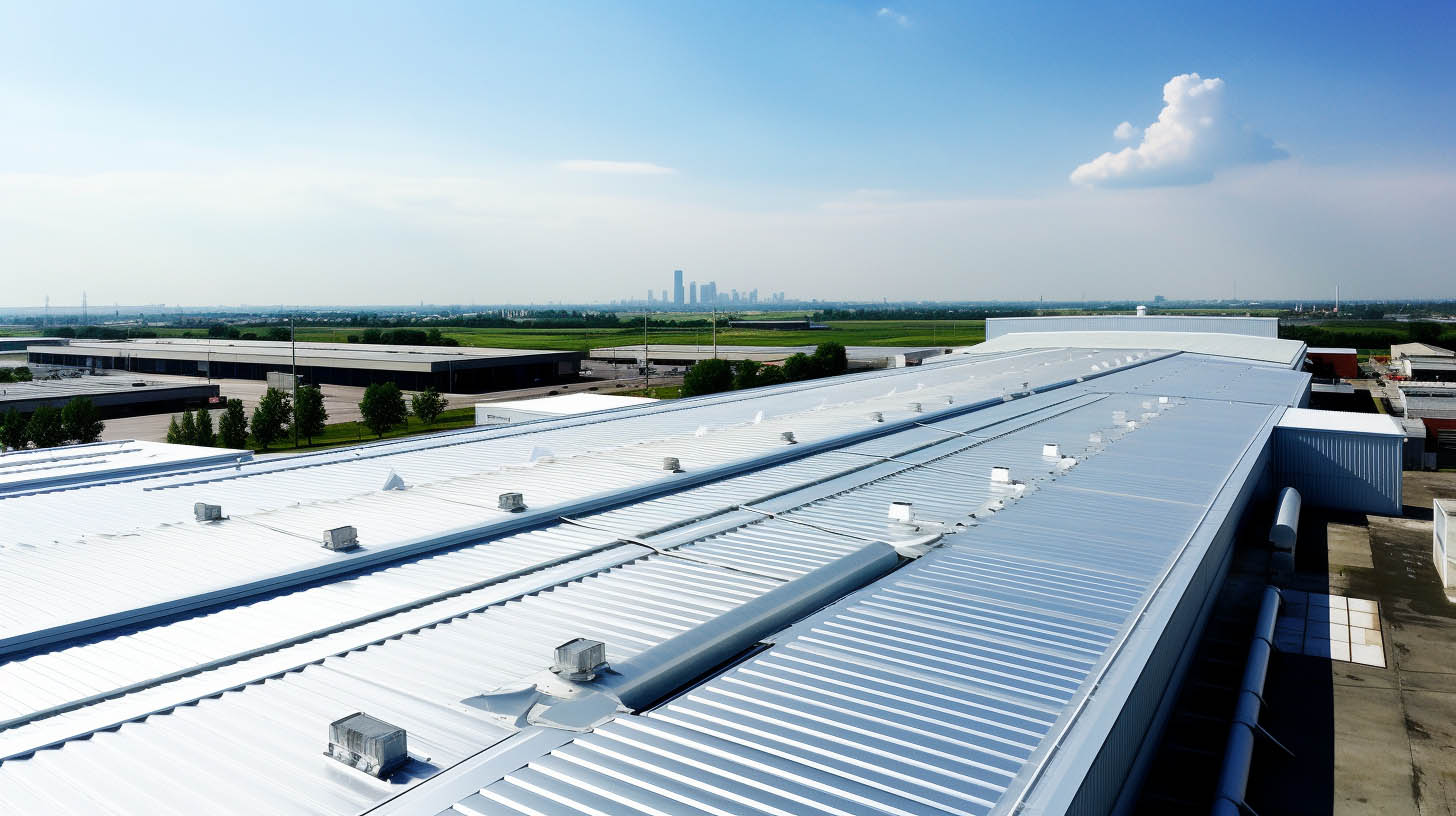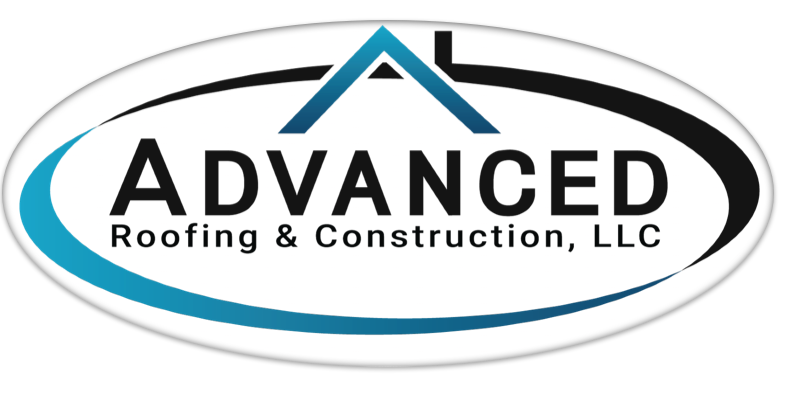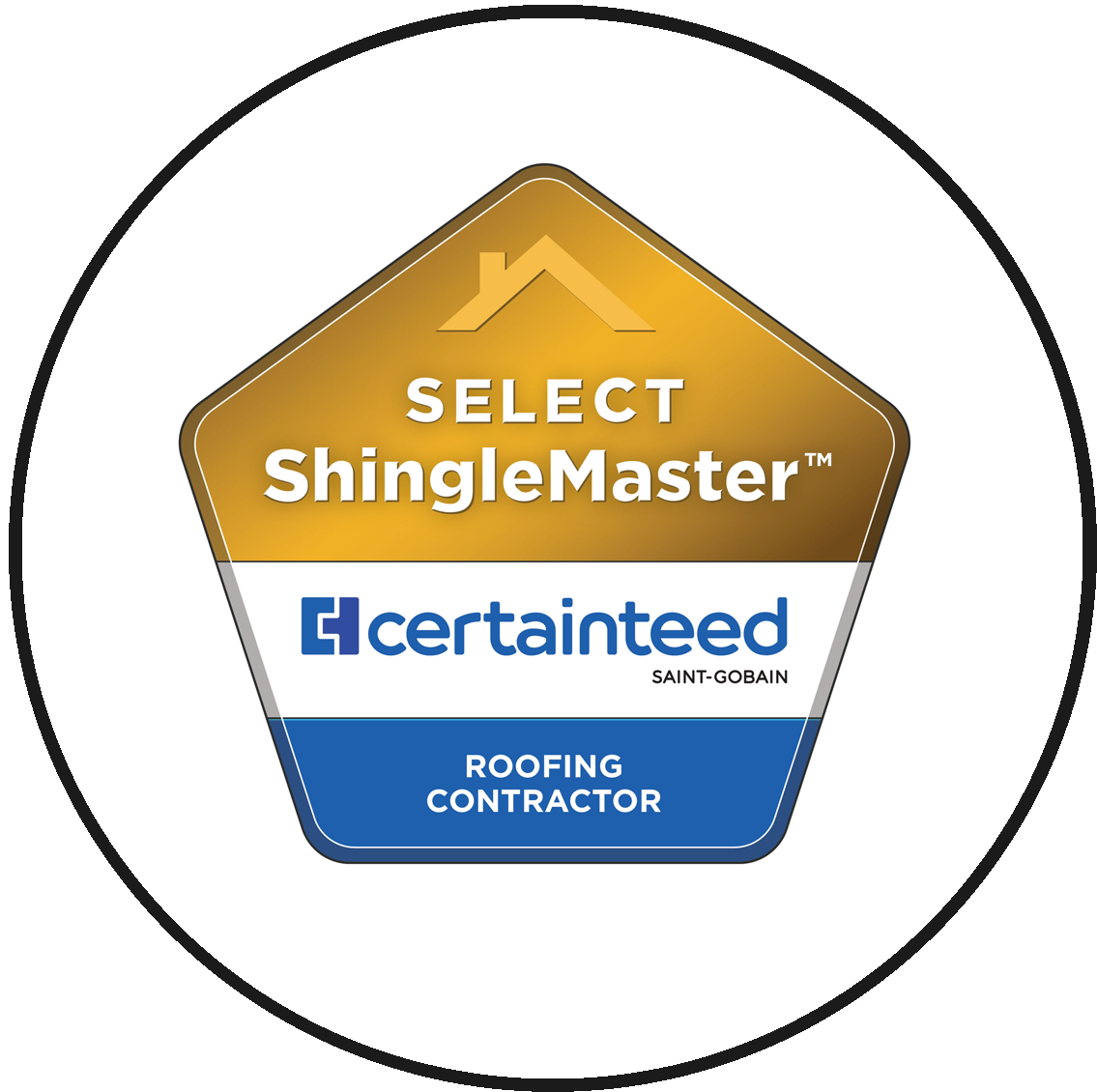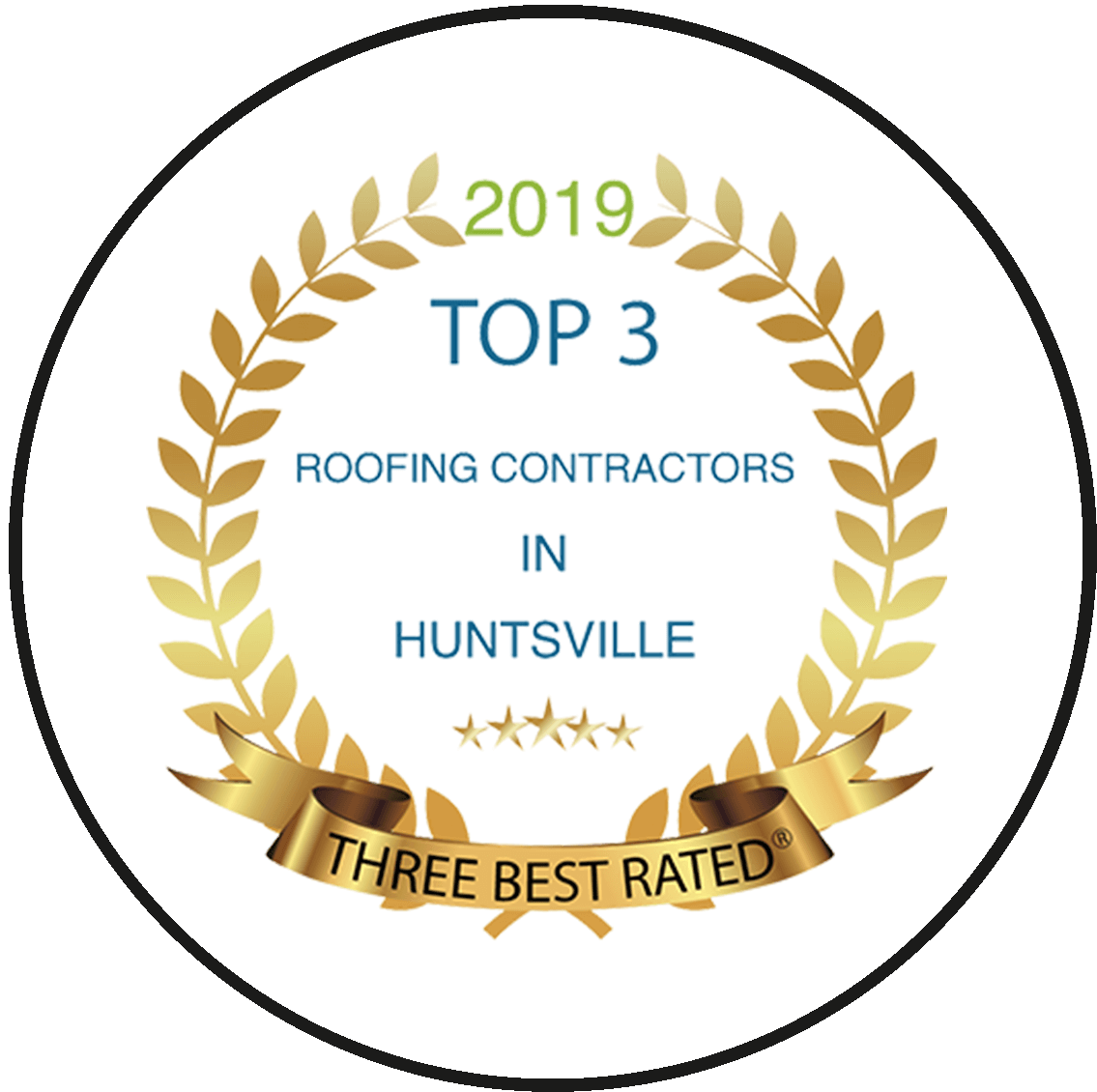
Introduction to Industrial Roofing Excellence
Industrial buildings, with their unique demands and operational challenges, require roofing solutions that are not only robust but also tailored to withstand harsh environments and specific industrial needs. In this comprehensive guide, we delve into the most effective roofing options, ensuring that your industrial facility benefits from longevity, durability, and efficiency.
Built-Up Roofing Membrane: The Reliable Choice
Longevity and Durability
Built-Up Roofing (BUR) Membrane stands out as a time-tested solution, boasting a lifespan that often exceeds 25 years. This roofing type is constructed from multiple layers of gravel and tar, offering a customizable approach to durability and cost-effectiveness. Its layered composition makes it exceptionally resilient to foot traffic and environmental wear.
Enhanced Protection
BUR is renowned for its high UV reflectivity, which not only protects the building but also contributes to energy efficiency. For industrial buildings requiring additional heat reflection, specialized coatings can be applied, further enhancing the roof’s protective qualities.
The Strength of Metal Roofing
Diverse Material Options
Metal roofing, a premier choice for industrial buildings, offers an impressive lifespan of over 60 years. This category includes a variety of materials such as corrugated galvanized steel, tin, zinc, copper, and aluminum, each providing unique benefits. These materials are inherently resistant to fire, making them ideal for safety-conscious industrial environments.
Advanced Features
Modern metal roofing can be equipped with cutting-edge features like solar panels and automated snow removal systems. Despite their vulnerability to corrosion, this can be effectively mitigated through the application of protective surface layers, ensuring longevity and sustained performance.
Spray-on Roofing (SPF): The Innovative Solution
Exceptional Lifespan
Spray Polyurethane Foam (SPF) roofing is celebrated for its durability, often lasting 50 years or more. Applied as a liquid, it expands into a foam, creating a seamless and sturdy layer over existing roofs.
Protective Qualities
SPF serves as an excellent barrier against UV rays and extreme weather conditions. However, its installation requires precision, ideally under sunny conditions, as adverse weather can affect the material during the application process.
Thermoplastic Polyolefin (TPO): Chemical Resistant Roofing
Ideal for Chemical Processing
TPO roofing is specifically advantageous for industries involved in chemical processing. It exhibits remarkable resistance to chemical and oil damage, as well as to bacterial growth.
Lightweight and Versatile
This lightweight material is suitable for various structural types and can be installed in diverse weather conditions. TPO roofs are not only impact-resistant but also boast high reflective properties, contributing to energy efficiency.
EPDM Roofing: Synthetic Rubber for Weather & Chemical ResistanceEthylene Propylene Diene-Terpolymer Memberamo (EPDM): The Synthetic Advantage
Weather and Chemical Resilience
EPDM roofing, a synthetic rubber material, is highly resistant to adverse weather and harsh chemicals, including acids and alcohols. Its robust nature makes it an ideal choice for industrial applications.
Flexibility and Ease of Installation
Available in rolls, EPDM is versatile and can be applied to almost any roof type. Its adaptability and ease of installation make it a preferred choice for diverse industrial roofing needs.
Conclusion: Making the Right Choice
Selecting the right roofing material is crucial for industrial buildings. It’s essential to choose a solution that not only has a minimum lifespan of 25 years but also offers energy efficiency and a high fire rating. When installing your roof, it’s imperative to engage a reputable roofing contractor in Huntsville AL. Advanced Roofing & Construction, LLC, with its wealth of experience and expertise, ensures that your roofing investment is not only cost-effective but also of the highest quality. Remember, the expertise of your roofer in Huntsville AL can significantly impact the longevity and performance of your industrial roof.



